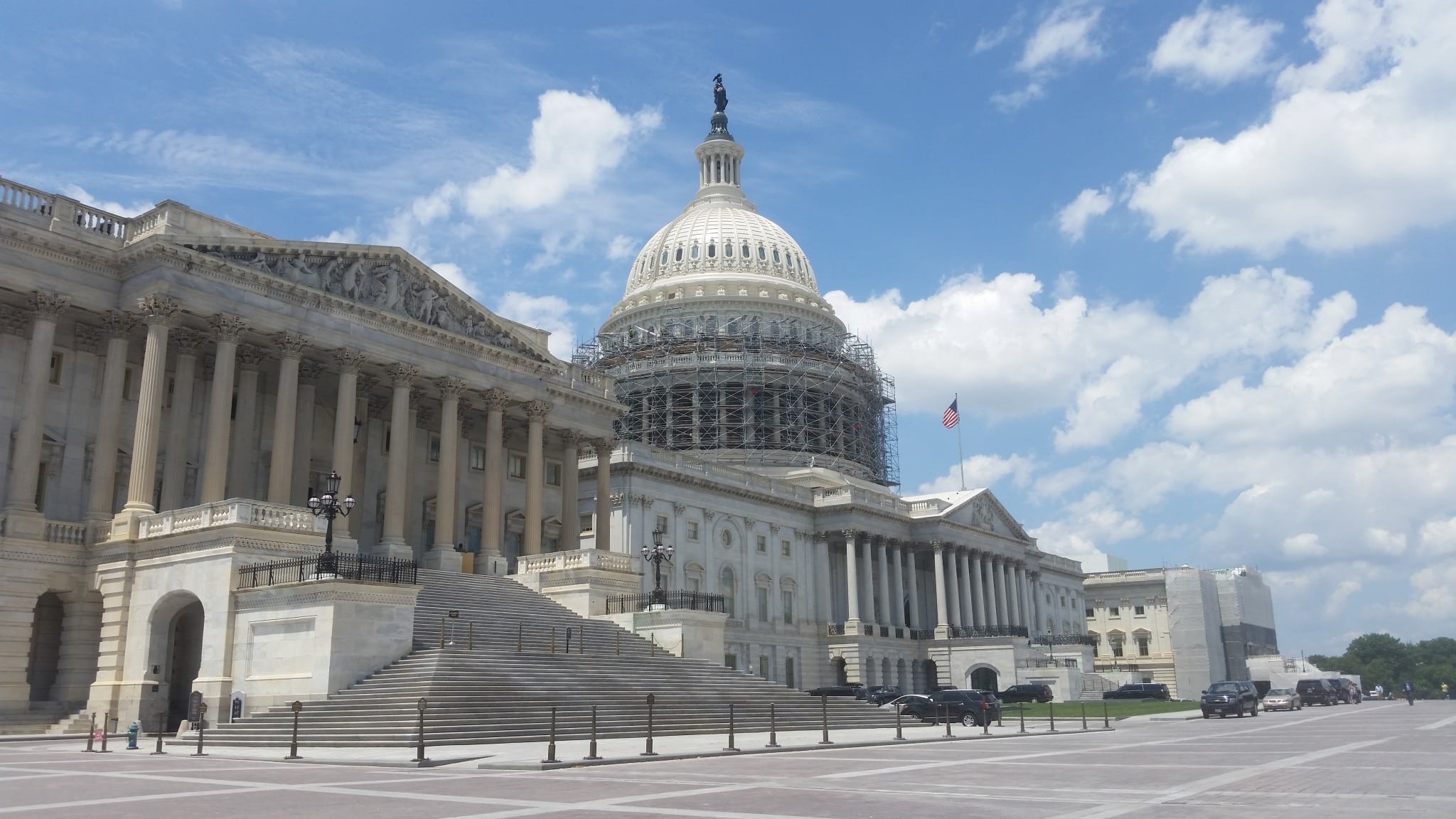
The House of Representatives on Wednesday night approved several amendments to the fiscal 2017 Interior, Environment, and Related Agencies Appropriations Bill taking aim at the Environmental Protection Agency’s effort to combat climate change. Lawmakers worked late for the second night in a row wading through more than 130 amendments to the legislation. Just have midnight Thursday the chamber adjourned, leaving a handful of amendments and likely the full bill to be voted on Thursday, just in time for summer recess.
An amendment offered by Rep. John Ratcliffe (R-Texas) and approved by voice vote would prohibit “funds from being used to finalize, implement, administer, or enforce the proposed rule entitled ‘Clean Energy Incentive Program Design Details.’” The CEIP is related to the EPA’s Clean Power Plan, carbon emissions standards for existing coal-fired power plants.
Under CEIP, which is strictly voluntary, states would receive emissions rate credits or allowances to promote early investments in wind, solar, and demand-side energy efficiency for low-income communities in 2020 and 2021.These would run parallel to the CPP’s mandate for states to reduce carbon emissions from power plants, with the aim of producing carbon-free megawatt hours or lower end-use energy demand.
The EPA issued a proposal for the program in June. The release of the design details is controversial, as the program is related to the CPP, which the EPA is legally barred from enforcing under a Supreme Court stay until the rule has been deemed lawful. The agency has held that because developing CEIP does not force implementation of the CPP it is in no way violating the stay.
Another amendment approved by voice vote Wednesday evening proposed by Rep. Scott Perry (R-Pa.) would prohibit EPA from drafting any rules under Section 115 of the Clean Air Act. That section, hailed by many environmental groups as the best chance to reduce carbon emissions nationwide, gives the EPA the authority to enact sweeping emissions caps if U.S. emissions are deemed to put people in other countries at risk.
The agency dodged a bullet when another amendment proposed by Perry that would have reduced funding for the entire agency by 17 percent failed by a vote of 188-239.
On Tuesday evening the House rejected an amendment that would have struck from the bill a provision prohibiting the agency from implementing its carbon emissions standards for new and existing coal-fired power plants.
The legislation, as it came before the chamber, would provide $32.1 billion for the budget year beginning Oct. 1 for the Interior Department and its component offices, the Environmental Protection Agency, and separate organizations such as the Smithsonian Institution. That would be $64 million less than provided for the current fiscal year and $1 billion less than requested by the Obama administration.
Funding for the EPA would drop by $164 million, to $7.98 billion, which would be $291 million under the White House proposal. The agency’s regulatory programs funding would be cut by $43 million from current levels and by $187 million from the administration proposal.
Not surprisingly, the White House has threatened to veto the bill. A July 11 statement of administration policy says the bill underfunds the EPA. “These [funding] reductions would make it more difficult for States and businesses to plan and execute changes that would decrease carbon pollution and address the challenges facing the Nation from climate change,” the statement says.